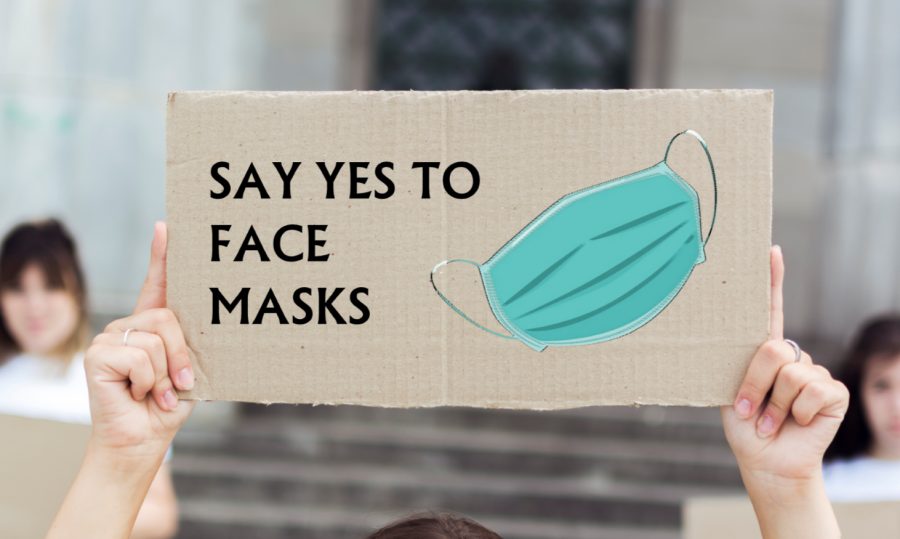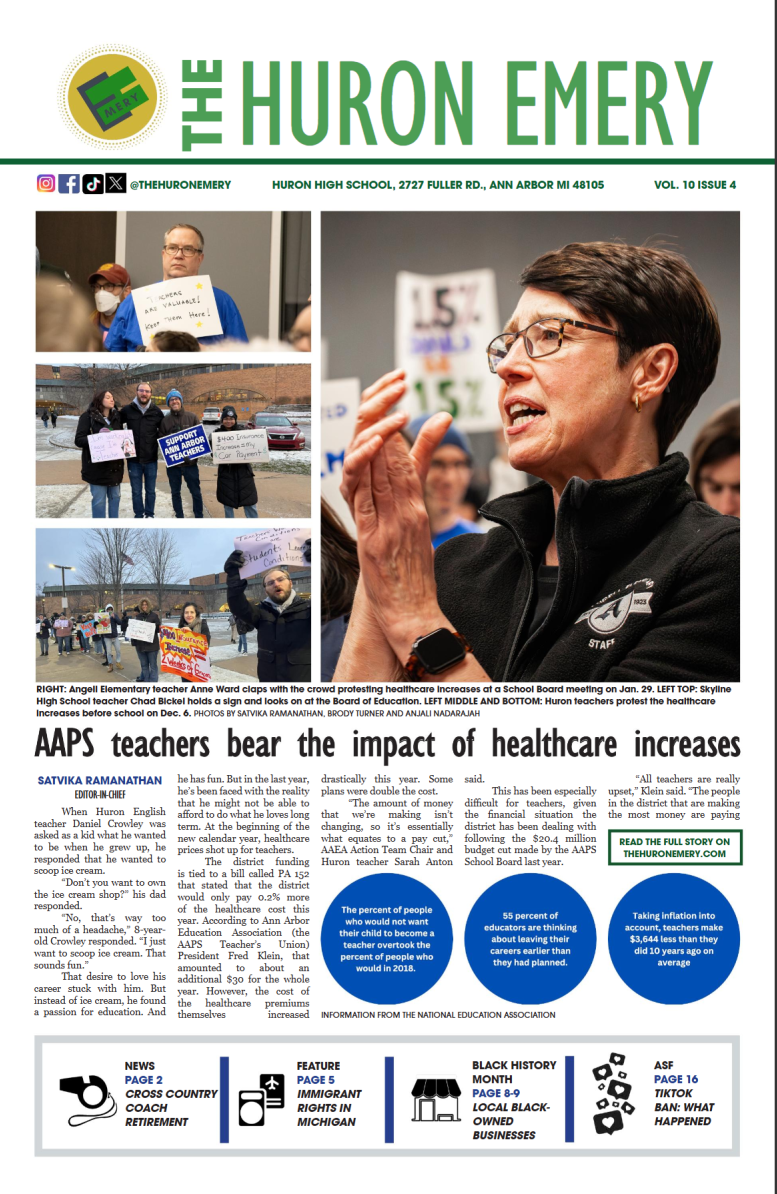Put science first: why face masks matter
April 1, 2020
The Young Scientist
Let’s take a look at a tweet from the U.S. Surgeon General from three weeks ago:
Seriously people- STOP BUYING MASKS!
They are NOT effective in preventing general public from catching #Coronavirus, but if healthcare providers can’t get them to care for sick patients, it puts them and our communities at risk!
https://t.co/UxZRwxxKL9— U.S. Surgeon General (@Surgeon_General) February 29, 2020
This message is contradictory. Why would masks that supposedly have no effect on normal people be helpful to healthcare providers? If they aren’t useful, why would their absence be a risk?
Clearly, scientific fact must be separated from social demands.
Wearing masks is useful, not only for sick patients, but also healthy individuals and asymptomatic carriers. COVID-19 is primarily a droplet-spread disease, so masks are useful for people sick with COVID-19 as it limits their respiratory droplets, which could transmit the virus. Currently, people in the U.S. are advised not to get tested if they do not have symptoms. With increasing evidence that asymptomatic carriers can still transmit the disease, healthy people should also wear masks, as they would not know if they are asymptomatic carriers.
Studies regarding the effectiveness of surgical masks for everyday people have yet to emerge. But as “Rational use of face masks in the COVID-19 pandemic,” a recent article published in The Lancet Respiratory Medicine, emphasizes, “there is an essential distinction between absence of evidence and evidence of absence.” The researchers encourage the use of masks if supplies permit. In fact, many of the nations that have controlled their COVID-19 outbreaks, such as China, South Korea and Singapore, are also the ones with the most stringent mask policies. Health officials from those countries attribute face masks as part of their success.
Health organizations should not have denied the power of masks in preventing COVID-19, especially for asymptomatic wearers. Rather, they should have focused on the horrendous problem of scarcity. Masks and many other medical supplies are in short supply, and their benefits to healthcare workers far outweigh the benefits to any regular person, as healthcare workers have much more exposure to the virus. The hard truth is that we do not have enough masks. In fact, the dwindling supply is already forcing some doctors to reuse masks, as their hospitals have already run out.
But that doesn’t mean lying about the inherent capability of masks. The negligent claim of American public health officials that “healthy people get no benefit from wearing masks” is detrimental to the scientific community and public trust. Their contradictory statements can degrade the reputation of public health institutions, leading people to follow the advice of other non-reliable sources, or worse, scammers looking to profit from the crisis.
Interestingly, it seems that the debate on masks has split among cultures, East and West. In eastern countries, wearing masks is seen as a benefit to the whole populace and a social duty. Where wearing a mask is much more ubiquitous, many people have worn face masks in the fight against COVID-19. Meanwhile, in western countries, there is a social stigma surrounding masks, which are much more uncommon and usually only worn by sick people. This has resulted in a steady refusal by the general American public to don masks, as well as a fear factor associated with mask-wearing.
In times of crisis, the public must have a clear idea of what they are doing and why they are doing it. And we will not have second chances: in Italy, coffins are being lined up. In Iran, bodies are piling up in mass graves. So let us separate the question of whether masks are useful from how we should best distribute masks. Masks are useful for everyone, but healthcare providers should have first priority to access them.












